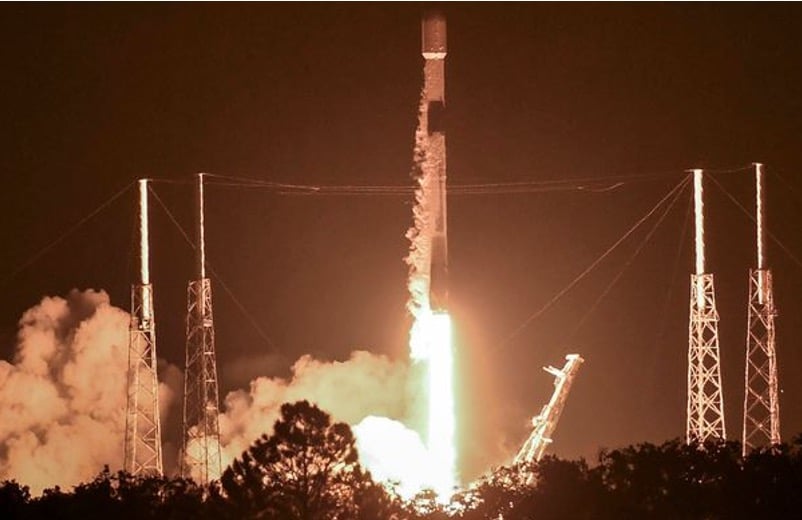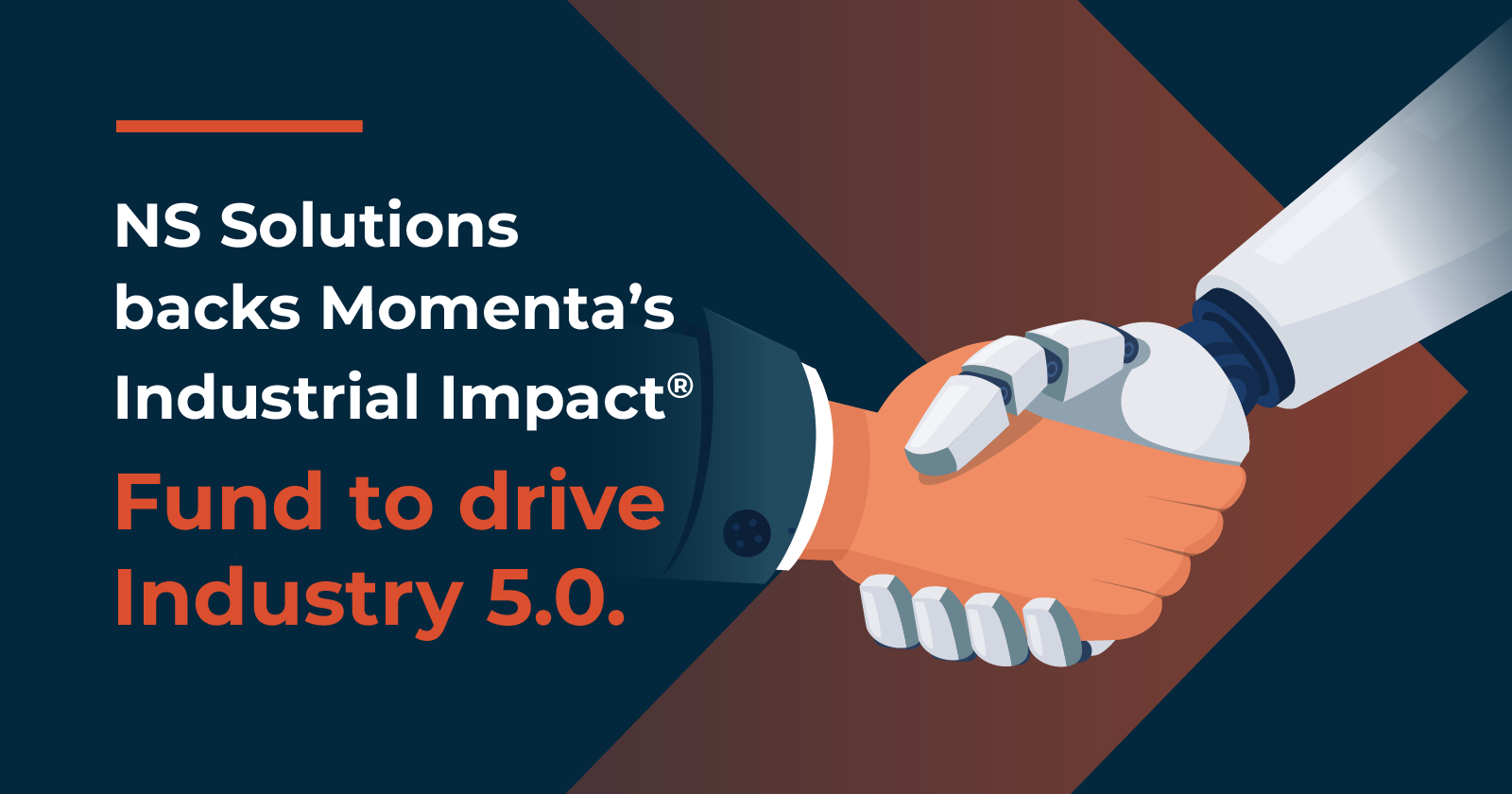Momenta's Take: The New Space Tech
Ken Forster

The New Space Tech – Opening Up New Frontiers for Industry
Access to space is dramatically expanding. No longer the exclusive province of government and industry behemoths, more affordable (and reusable) rocket launches and powerful, small satellites are opening up access, paving the way for creative use cases. Innovations in space technology offer new opportunities - both collaborative and competitive - in telecommunications, transportation, healthcare, energy, and environmental management.
In the 67 years since the Soviet Union first launched the Sputnik satellite, space exploration has fostered groundbreaking scientific and technological advancements with broad applications. NASA alone has fostered over 2,000 spinoffs since 1976.

A SpaceX rocket blasted off from Cape Canaveral, Fla., earlier this month, carrying 22 Starlink satellites. PHOTO: CRAIG BAILEY/FLORIDA TODAY/ASSOCIATED PRESS
Over the past decade, private companies have led the way in pioneering new technologies. For example, Blue Origin’s 313-foot tall New Glenn rocket is designed to provide heavy-lift capabilities and be reusable. SpaceX has developed reusable rockets, such as the Falcon 9 and Falcon Heavy, which can be landed and reused multiple times. That billionaires have founded both leading companies is not surprising, given how capital-intensive space technology can be. A look at the financials of SpaceX, along with recent layoffs at leading space tech startups and the failure of Richard Branson’s Virgin Orbit, highlight how costly (and risky) the industry can be.
Despite the financial challenges, a new generation of talent is emerging, and the industry is booming; the global space industry comprises over 10,000 private space tech firms, 5,000 large investors, 130 state organizations, and 20 business sectors. SpaceX is fostering a crop of talented alumni taking on key roles at a growing number of aerospace startups developing lower-cost rockets, satellites, low-gravity manufacturing, and other technologies.
The New Space Industry’s Benefits for Digital Industry
Decreasing launch costs are increasing the popularity of small satellites, which can be deployed in constellations with significant improvements in processing power, data storage, camera technology, solar array efficiency, and miniaturization. Small satellites make up about 94% of spacecraft launches, growing from a total of 53 to 1,743 from 2017 to 2021. The lower costs are opening up access that was previously out of reach to smaller countries and businesses in several ways:
- Connectivity and communications: Cheap satellites are bringing connectivity to remote areas of the world (Elon Musk’s Starlink internet service has enabled communications for Ukrainian soldiers in the war against Russia). Satellite-based IoT networks are seeing increasing interest in scenarios where terrestrial Wi-Fi connections are inaccessible, such as tracking cargo ships in the open ocean and agricultural or environmental monitoring.
- Navigation and Location Services: Satellite navigation systems are increasingly available to enhance location-based services, navigation accuracy, and mapping applications.
- Earth Observation and Remote Sensing: Lower-cost observation satellites that can benefit agriculture, forestry, disaster management, urban planning, and environmental monitoring. This can be helpful for search and rescue operations, monitoring disaster-stricken areas, and providing timely information to emergency responders. As an example, Momenta portfolio company Fleet Space supports rare-earth mineral prospecting. Additionally, this improved monitoring of climate patterns, deforestation, pollution, and other environmental factors, contributing to better understanding and mitigation of environmental challenges.
There are also space-based activities that are becoming more accessible:
- Scientific Research: Lower costs mean that more research institutions, universities, and smaller organizations will be able to conduct microgravity environments in materials science, biology, and astronomy.
- Low-Gravity Manufacturing: Reduced launch costs enable manufacturing facilities that take advantage of 3D printing in microgravity environments to create unique materials and products.
- Resource Exploration and Mining: While less a near-term opportunity, the potential to harvest rare minerals and metals from asteroids could change the dynamics of resource supply on Earth.
Space access has transformed in a mere 67 years since Sputnik's debut. Affordable rocket launches and small satellites redefine frontiers, spanning telecom to healthcare. Led by SpaceX and Blue Origin, private pioneers propel innovation. Reduced costs fuel small satellite growth, powering connectivity, navigation, and Earth insights. This surge also nurtures startups and talents, reshaping cosmic prospects. The odyssey is just unfolding.

Momenta is the leading Industrial Impact venture capital + growth firm. We accelerate entrepreneurs and leaders devoted to the digitization of energy, manufacturing, smart spaces, and supply chains. Since 2012, our team of deep industry operators have made over 100 investments in entrepreneurs and helped scale over 150 industry leaders via our award-winning executive search and strategic advisory practices.



